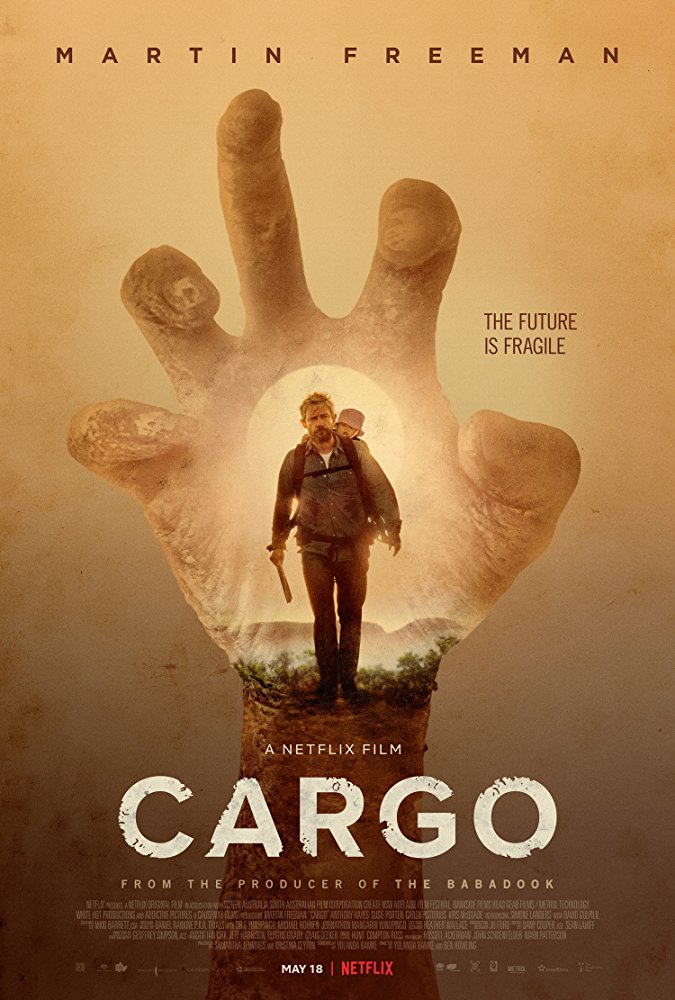Careers in Film Insights: Charly Bury Interview
We spoke to Charlie Bury, acquisitions manager for Bankside Films, a leading international sales and film finance company for independent films. We wanted to find out more about the state of the industry and how things work “behind the scenes” of a major player in the indie film biz.
MoMo: How do you see the future of indie film?
 Charlie: From a DVD sales point of view, the market is practically dead. They are paying less and less for TV rights. And VOD now is the hot subject. But the money that you make from digital is not as much as you used to make from home entertainment, via DVD. So, VOD needs to catch up. But hopefully this will be the century where it does.
Charlie: From a DVD sales point of view, the market is practically dead. They are paying less and less for TV rights. And VOD now is the hot subject. But the money that you make from digital is not as much as you used to make from home entertainment, via DVD. So, VOD needs to catch up. But hopefully this will be the century where it does.
And all the while, the theatrical model has actually remained relatively consistent as a business model. The only difference is that people have lost perhaps that intimacy they used to have. So, less and less people you hear talking enthusiastically about cinema and instead they’re open to other platforms.
MoMo: Box office seems to be dominated more and more by superhero films, big action films and remakes. How does that effect your company?
Charlie: More and more, event cinema is required to get people out of their homes. It’s really tough. You have to have an angle which differentiates your film. If you revitalise a certain genre. I suppose it’s a storytelling edge that you are looking for. Because we don’t have the budgets for huge campaigns. So it’s more like thinking of innovative ways to market your film. And of course social media tools are very useful.
We ourselves work with the distributors, so we don’t have to put up that cash ourselves. It’s more independent distributors that are having a difficult time. Because occasionally we can sell to studios if the film is good enough. And then they will release it through one of their sub-divisions.
MoMo: So it’s not really effecting your business.
Charlie: Not yet, in terms of UK, USA and Canada, and the bigger territories. But for small, independent distributors around the world, they cannot afford to compete, more and more. So you see them dying off a little bit. Which means the industry is more polarised, perhaps. It’s all changing and evolving, so an interesting time, definitely.
MoMo: Do you feel pessimistic or positive?
Charlie: I’m feel pessimistic about the loss of the feeling of audience intimacy people used to have for cinema. In terms of new ways of theatrical distribution, it’s very much alive.
You’ve also got A24 and Neon, both 21st century distribution companies. And they are both looking to pick up genre films, filmmaker-driven films for theatrical distribution, in the traditional model. So, once they run out of money, then it might be dead. But, until that happens, people are still trying to keep it alive.
MoMo: And what about the actual cinema experience for indie films?
Charlie: You need to be somewhere where there are still independent cinemas. Which means the centre of a city, right?
The discussion then moved to online distribution platforms, such as YouTube…
Charlie: An example of YouTube working well for a filmmaker. We’ve just completed an Australian feature film called Cargo, which sold to Netflix. And it was the filmmaker’s first film. But the reason we did the film was their short film, going by the same name, had millions of views on YouTube.

That was back in 2012. And due to the success of that, they decided to write a feature script, off the idea. They came to us a couple of years alter. Seeing that proof-of-concept short had been so successful online made us think it was a sensible decision to fund a feature.
Vimeo is great for it’s quality, but you never seem to see a 100 million hits on a video. The SEO of YouTube is far more exciting when pitching to financiers.
MoMo: Are you concerned about the decreasing budgets for filmmakers?
Charlie: I guess on the fringes of the creative community, people are always willing to work for free to get in. Or to do things a bit off-the-cuff to try to get attention. And that often means paying someone a lot less than someone more established would get. I think that’s always been something of a reality, in terms of some filmmakers cutting other filmmakers out. I think there’s space for everybody, today, to be honest.
Budgets are shrinking, I guess. Shooting schedules are shorter. Everybody is trying to be more and more efficient, to get the film delivered faster, to get it distributed quicker. You’re competing for people’s attention span, at the end of the day. And it just seems everything in this world is more frenetic now, than it used to be. So I guess film is in sync with that.
MoMo: Do you find that indie film is suffering from that phenomenon?
Charlie: I would say there’s a lack of good films. I think, in the market, we always say there isn’t a lack of funds, there’s just a lack of films that you want to fund. So, you’re always trying to find talent and good stories.
MoMo: If someone comes to you with a project, and they’re demonstrated they can produce it fast and efficiently, does that help?
Charlie: Yeah, if they’ve shot a proof of concept in 2 days for 5 grand, and they’ve delivered that in 2 months. And I know the BFI are funding these now. Then it helps a big deal. Filmmakers have to prove themselves in more than one way, now, I suppose.
MoMo: Do you think there’s anything about film festivals that could change?
Charlie: Film festivals are absolutely essential for the independent film business. And for theatrical campaigns. Distributors see a film on a big screen and get excited. They believe they can make a theatrical campaign out of it. So, screening at festivals – Sundance and Toronto, for example – are essential to getting out there, and getting your film distributed.
Festivals are still going strong and the attendance is growing every year, actually. So, I’m very excited by the festival landscape. It’s just harder to sell your film. But the communities are festivals and the audiences are still strong.
MoMo: How do you see things over the next 10 years?
Charlie: I guess any answer to this question has to involved Netflix and Amazon. So, whatever they end up doing, will have a massive impact. Whether Netflix will continue to buy the smaller indie film, or whether they just become a studio and continue to produce Brad Pitt movies, remains to be seen.
…
You can watch the full interview here, which also includes guests Jacquelle Amankonah, Product Manager for YouTube at Google, and Sandeep Abraham, Commercial director and DoP.
Eager to learn more?
Join our weekly newsletter featuring inspiring stories, no-budget filmmaking tips and comprehensive equipment reviews to help you turn your film projects into reality!

